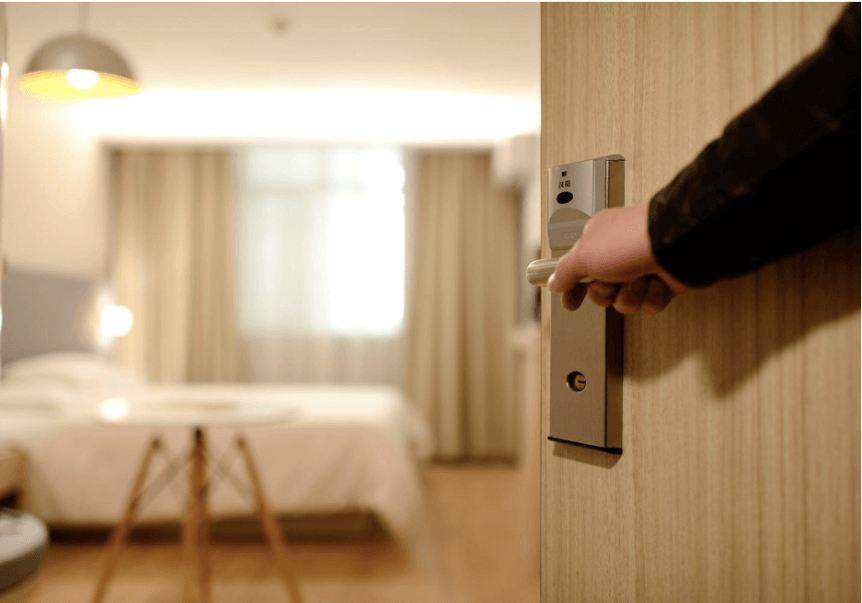
Panic Button Laws Gain Popularity in the Hotel Industry
Although workplace sexual violence can occur in any industry, female employees in the hospitality industry are constant targets of sexual harassment and assault. A recent survey of women working in the hotel industry in Chicago, showed that 58% of hotel workers and 77% of casino workers had been sexually harassed by guests (UNITE HERE Local 1, 2016).
The consequences of sexual violence in the workplace are profound and negatively impact the victim’s physical and mental health, cause career interruptions and can lead to lower earnings (Institute of Women’s Policy Research, 2018). The costs of sexual violence also translate to the employer in terms of absenteeism, interrupted job performance and loss of experienced personnel.
Hotel housekeepers are particularly vulnerable to sexual harassment and assault as they often work alone and in isolated workspaces such as guest rooms and bathrooms. Abusers can feel emboldened by a lack of witnesses to harass and assault housekeepers (Feldblum & Lipnic, 2016).
Due to the high prevalence of sexual violence in this industry, labor unions have been pushing to have laws in place to keep hotel workers safe. In 2017, the Chicago City Council passed the “Hands Off Pants On” ordinance to protect hotel workers from sexual violence. This law protects hotel workers from retaliation when they report sexual violence by guests, mandates hotels to implement anti-sexual harassment policies, and requires hotel employers to provide a portable panic button to hotel workers assigned to isolated workspaces.
Why a panic button?
Having access to panic buttons makes employees feel safer. According to a recent survey, nearly all hotel workers (96%) would feel safer if they were equipped with a panic button (UNITE HERE Local 1, 2016). When employees carry a portable panic button, they can quickly and discreetly alert security personnel if they feel threatened, witness a crime or are in any kind of danger. Any employee who sends a distress signal through the device can be quickly located thanks to the device’s GPS capability. This simple device may help reduce workplace violence in the hotel industry and create a safer environment for employees.
The Demand for Portable Panic Buttons Rises in the Hospitality Industry
In the past two years, similar ordinances have passed in various parts of the country including Miami, Sacramento, Long Beach, Seattle, New York City and Las Vegas and, more recently, the state of New Jersey. In June 2019, New Jersey became the first state in the U.S. to require panic buttons for hotel employees assigned to work in guest rooms. The law applies to all hotels with 100 rooms or more (State of New Jersey Senate Bill 2986, 2019).
Hotel companies have been increasingly implementing similar measures to protect their employees, even if the law doesn’t require them to do so. For instance, the American Hotel & Lodging Association (AHLA) and five major hotel brands (Hilton, Hyatt, InterContinental Hotels Group, Marriot and Wyndham) introduced the “5-Star Promise”, a pledge to provide hotel employees across the U.S. with portable panic buttons to enhance hotel safety. The pledge assures that this safety measure will be implemented by 2020 (AHLA, 2018).
Other hotel operators that have followed suit across the nation include AccorHotels, Best Western, Loews Hotels, Las Vegas Sands, Outrigger, Radisson, and Red Lion Hotels Corporation (SKIFT, 2018).
Through legislation or hotel policies, both workers and hotel groups see the value of portable panic buttons and we’re likely to see similar measures spread at a quick pace in the hospitality across the U.S.
